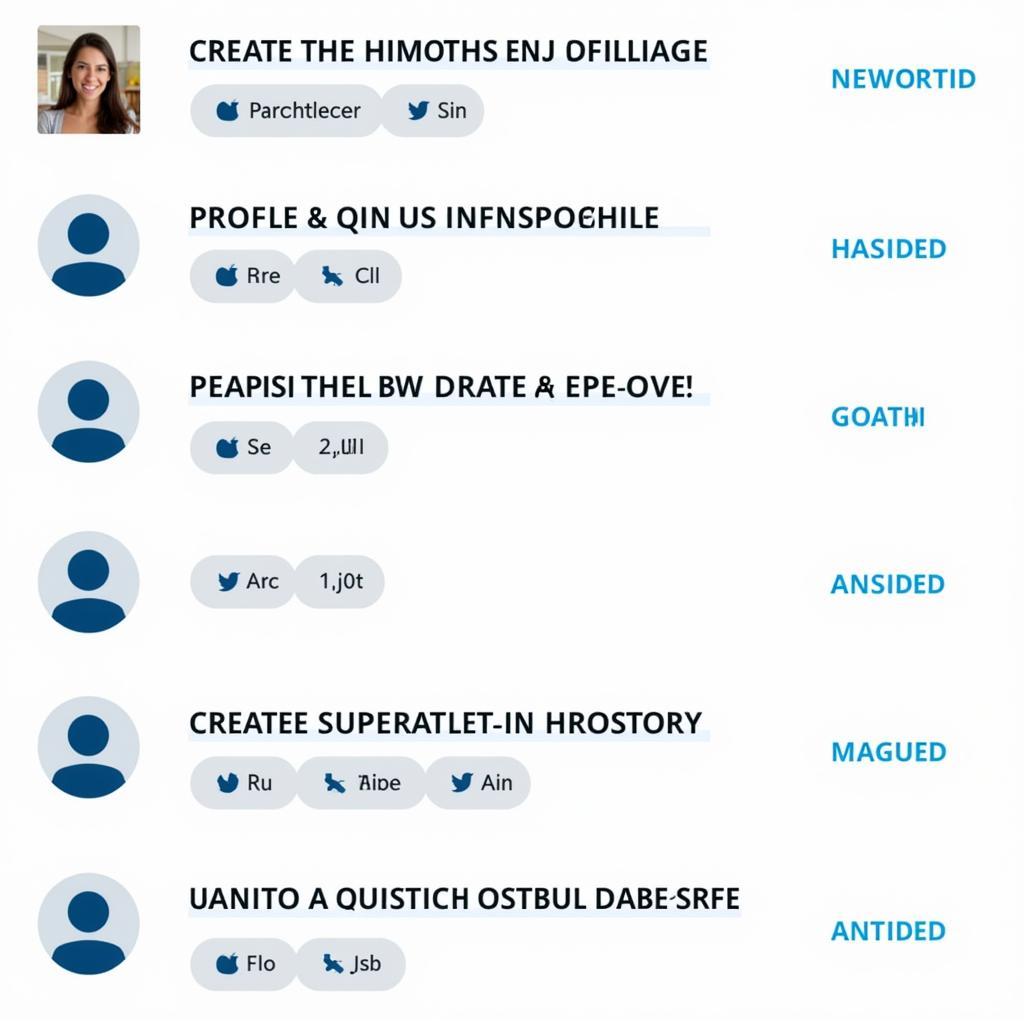Understanding the IELTS vocabulary requirements can feel overwhelming. You might be wondering, “How many words do I need to know?” or “What kind of vocabulary is important?”. Don’t worry! This guide is here to break down essential Ielts Vocabulary Tips, helping you feel confident and prepared for your exam.
Why is Vocabulary Important for IELTS?
Your vocabulary is a powerful tool for demonstrating your English proficiency across all four IELTS sections: Listening, Reading, Writing, and Speaking. A strong vocabulary allows you to:
- Comprehend complex texts and spoken language: Grasping the meaning of unfamiliar words is crucial for understanding the exam content.
- Articulate your ideas clearly and effectively: Using a wide range of vocabulary enables you to express yourself with precision and fluency.
- Achieve a higher band score: Examiners look for evidence of a rich and varied vocabulary when assessing your language abilities.
Effective IELTS Vocabulary Tips
While memorizing endless word lists might seem tempting, it’s not the most effective approach. Here are some proven strategies to enhance your vocabulary organically:
1. Read Widely and Strategically
- Immerse yourself in English texts: Choose materials related to your interests, whether it’s science articles, novels, or blogs.
- Focus on IELTS-related topics: Explore texts on education, technology, environment, and social issues, as these frequently appear in the exam.
- Actively engage with new words: Don’t just skim over unfamiliar vocabulary. Look them up, write them down, and try to use them in your own sentences.
2. Expand Your Vocabulary Range
- Learn synonyms and antonyms: Knowing a variety of words with similar or opposite meanings allows for greater flexibility and precision in your language use.
- Pay attention to collocations: These are words that frequently appear together, such as “make a mistake” or “heavy rain.” Understanding collocations will make your English sound more natural.
- Explore different word forms: For example, learn the noun, verb, adjective, and adverb forms of common words (e.g., decision, decide, decisive, decisively).
3. Use It or Lose It: Practice Regularly
- Incorporate new words into your daily life: Use them in conversations, writing tasks, or even when thinking to yourself.
- Find a language partner: Practice speaking with a native English speaker or a fellow IELTS candidate to build fluency and confidence.
4. Tailor Your Vocabulary to the Task
- Understand the specific requirements of each IELTS section: For instance, the Writing section demands more formal language than the Speaking test.
- Use a range of vocabulary to showcase your abilities: Avoid repeating the same words or phrases excessively.
- Ensure your vocabulary choices are accurate and appropriate for the context: Using a word incorrectly can negatively impact your score.
5. Utilize Effective Resources
- IELTS preparation books and websites: These often provide targeted vocabulary lists and exercises.
- Vocabulary-building apps and websites: These platforms offer interactive games and quizzes to make learning fun and engaging.
- English dictionaries and thesauruses: Use these tools to look up unfamiliar words, explore synonyms, and deepen your understanding of word usage.
Conclusion
Mastering IELTS vocabulary takes time and effort, but by implementing these tips and practicing consistently, you can significantly enhance your language skills and boost your confidence for exam day. Remember, a rich vocabulary is an invaluable asset for achieving your desired IELTS score and unlocking a world of opportunities.
FAQs
1. How many words do I need to know for IELTS?
There’s no magic number, but aiming for a broad understanding of around 7,000-8,000 words will be beneficial.
2. Is it okay to use less common vocabulary in the Speaking test?
Yes, using less common vocabulary appropriately can demonstrate a wider range. However, clarity and natural flow are crucial. Don’t force in complex words if they hinder your fluency.
3. What if I encounter unfamiliar words in the exam?
Don’t panic! Try to deduce the meaning from the context. Look for clues within the sentence or surrounding text.
Further Reading
To delve deeper into specific areas of IELTS preparation, check out these helpful resources:
Need further support with your IELTS journey? Contact us!
Phone: 0372960696
Email: tuyet.sixt@gmail.com
Address: 260 Cầu Giấy, Hà Nội
Our dedicated team is available 24/7 to answer your questions and guide you towards success.





